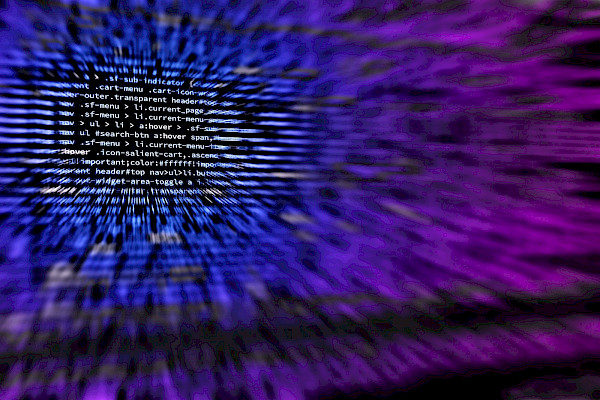
The New Attention Deficit
 Exit the inbox, turn off the screen and silence the ringer. Machines are robbing you of your ability to focus.
Exit the inbox, turn off the screen and silence the ringer. Machines are robbing you of your ability to focus.
TV viewing is down. You'd think behavioral types would be cheering, but they know better. We dumped all that time into other screens: our phones and our laptops, mostly. We're giving ourselves a new version of attention-deficit disorder, one of our own device.
A lot of this is stuff we fell into by habit. Here are some ways to balance.
Schedule your correspondence. We read e-mail as a steady drip throughout the day. Stop. Pick two or three 30-minute windows. Also do this:
- Respond definitively. Save the nine-e-mail string and lay out a simple recommendation to get consensus.
- Delete anything older than two weeks, or stuff it into a folder. You're not going to reply.
- Unsubscribe to newsletters you're not reading. You won't start.
- Set your computer and mobile devices to not notify you when mail arrives.
Pick a task. The ability to use multiple open tabs in our web browser is both a useful thing and an opportunity to be distracted over and over. Try this:
- Consider the value of the active web tabs you have open. Do you really want a reminder to revisit Facebook every 12 minutes?
- If you get mail through a tab, close it. Open it only during scheduled check-ins.
- If you read Internet news sites, schedule it. Give yourself a daily limit of 20 to 30 minutes.
Don't answer the phone. If your phone were a debit card, it would be sucking your attention account dry. You do your business on the phone? Great. Set that thing to stun and let calls go to voicemail so you're not at the mercy of other people's whims. Also:
- If you have a really smart phone, set calls from everyone but the people who'd likely call with an emergency to vibrate.
- Practice leaving your phone in the glove box. You know, there was a time when we'd go to the grocery store and not be in touch for the whole 20 minutes.
- Schedule calls for your drives (and, yes, use a hands-free setup).
- When leaving voicemail, be brief. Leave your name and phone number up front, even if the person knows you. Leave the most important info first so people can hang up earlier.
Maintain human contact. When you're with someone in person, work harder at not letting machines like your phone and your laptop distract you. This pays off in huge dividends over time. Letting the phone go to voicemail (which, by the way, used to be the norm) goes far in showing your appreciation for the person in your presence. Do this:
- Shut the lid. Or turn off the monitor. If you have someone in your office for a meeting, make it absolutely a done deal that you won't be distracted by the screen.
- Don't pick up. Few phone calls need to be answered right away. Even "emergencies" can be delayed by eight or nine minutes without a calamity.
- Keep eye contact. The ability to actually be with someone is at a premium. Make it feel that way, and reap the rewards.
Everyone is busy. If you think your busyness is some kind of prestige symbol, think again. Full attention is the new black. You'll appreciate your new ability to focus, your new peace of mind, your new reputation as the person who is so there.
And what will you do with all that time? My guess is that you'll figure out your next move on your way to being much more successful, that's what.
The above article was originally published at: http://www.entrepreneur.com/article/217531?utm_source=feedburner&utm_medium=feed&utm_campaign=Feed%3A+entrepreneur%2Flatest+%28Entrepreneur+Latest+Updates%29
